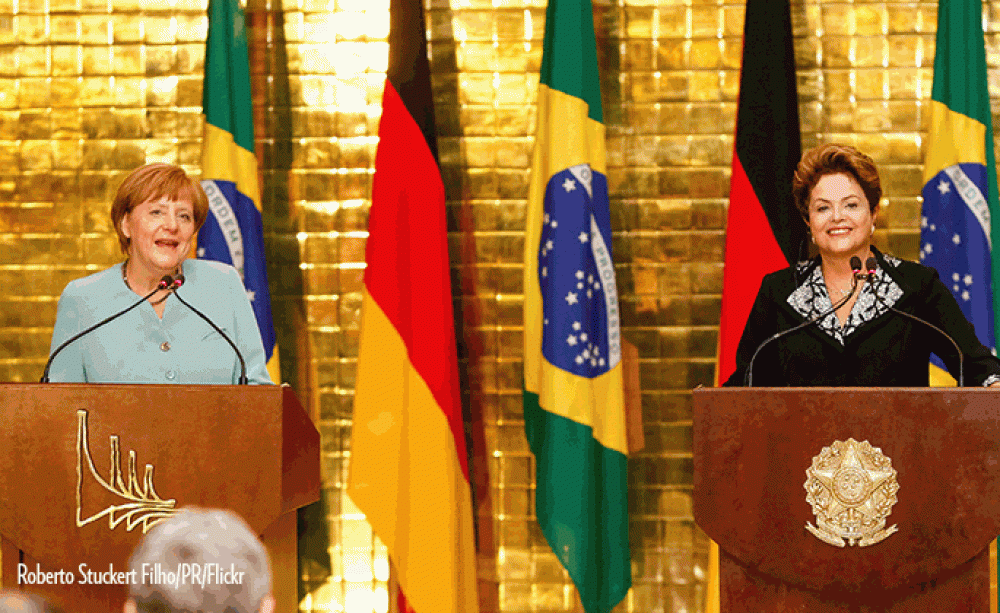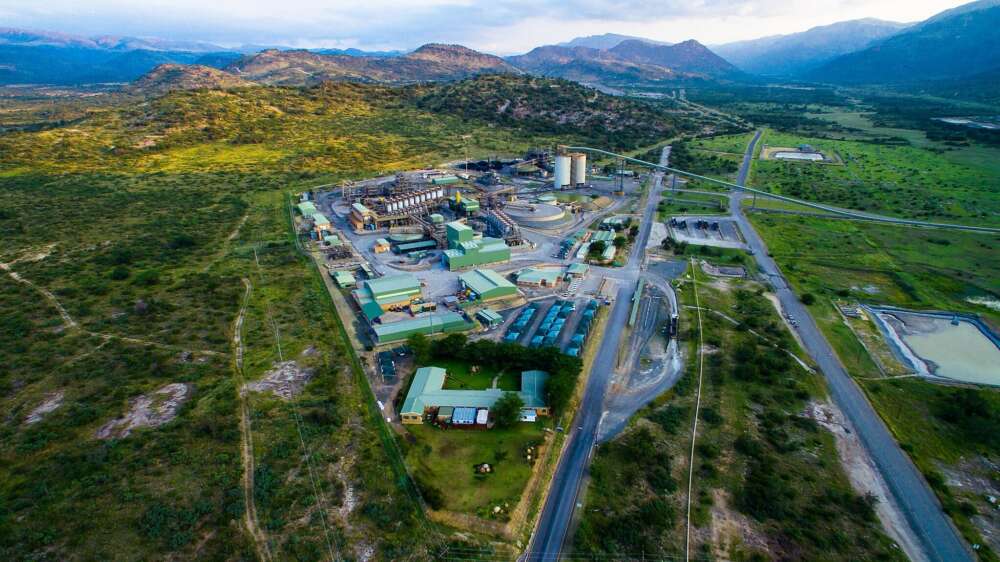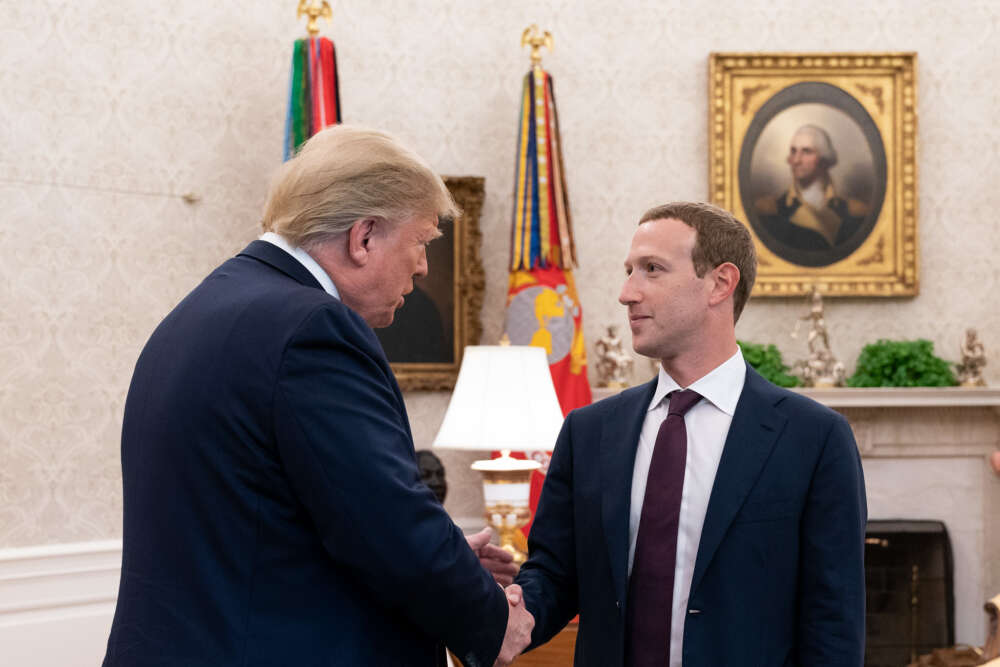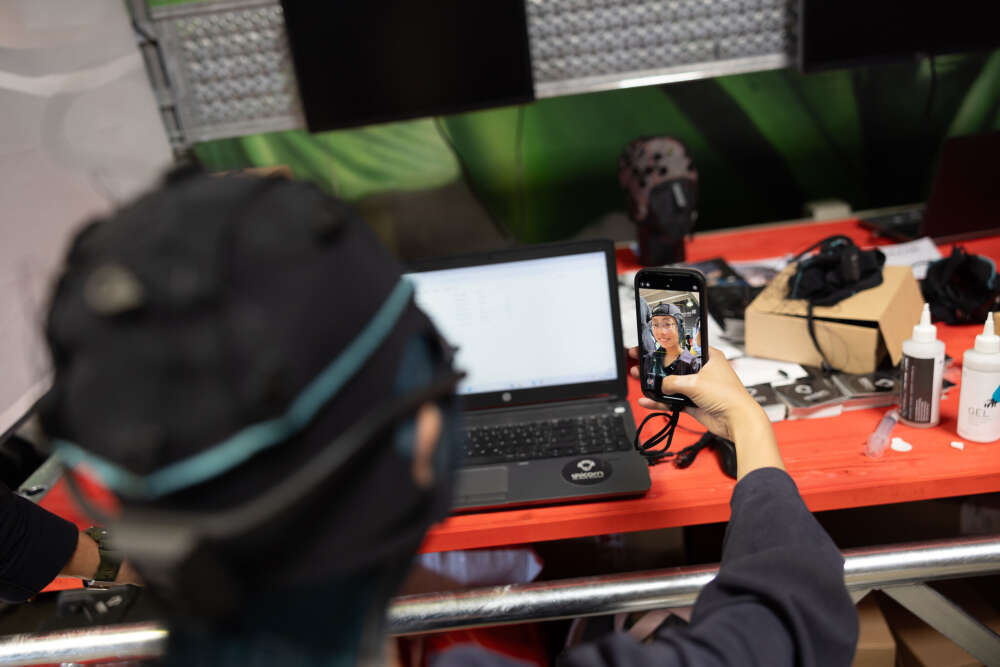Brazil and Germany Must Lead on Free Internet

When President Dilma Rousseff signed Brazil’s landmark ‘Marco Civil Da Internet’, a comprehensive new law that safeguards citizens’ digital rights on key fronts and the result of a broad participatory process, it marked the decisive coming out of Brazil as a progressive player on digital rights on the global stage. This is a very significant development since for a long time Brazil had not clearly aligned itself with the set of countries pushing for an open and free Internet.
Germany should capitalize on this to intensify the partnership between both countries on global internet politics. As a Brazilian-German workshop in Sao Paulo last week made clear, both countries share important similarities. Their leaders, Dilma Rousseff and Angela Merkel, were visibly stung by the revelations of having been spied upon by the US.
The majority of elites in both countries share the conviction that it is important to curtail blanket surveillance efforts — not least in light of the shared experience of dictatorships with a strong surveillance component in both countries. Both governments profess to strive toward regaining “technological sovereignty,” an ill-defined term that has led to initiatives such as “Schengen routing” within Europe or new undersea fiber-optic cables between Brazil and Europe so that Internet traffic can bypass the US and the UK.
Shared positions
Businesses in both countries worry about the link between surveillance and industrial espionage. Both countries are also a favorite refuge for activist journalists exposing the abuse of human rights in the digital sphere. And both are regional leaders but complementary in their appeal to different constituencies: Germany as a Western middle power, Brazil as a major power of the Global South.
Following the Snowden revelations, the US government has lost any credibility on this matter. What’s more, it was remarkable to see how Sweden’s own participation in surveillance activities together with the US and the UK prevented it from voicing full-fledged support for digital freedom.
Sweden’s Foreign Minister Carl Bildt wants to make the world believe that Carl Bildt speech“issues of surveillance are in no way related to issues of the governance of the Internet.” The Indian government seems to lack the basic instinct of favoring a free Internet over comprehensive state control. And authoritarian countries such as China, Iran and Russia strongly favor using the Internet as a tool to control their citizens.
Against the odds
This demonstrates what Brazil and Germany are up against. In order to turn the tide, ritualistic Internet governance conferences such as the Internet Governance Forum are not enough. What is needed are concrete actions on key issues. Brazil and Germany first of all need to lead by example at home.
On net neutrality, Germany should follow the Brazilian model and push for enshrining this principle at the EU level building on the first vote of the European Parliament on the telecoms package. Germany should also support a comprehensive privacy package at the EU level.
On measures for “technological sovereignty,” Brazil and Germany should only commit to those policies where the evidence suggests a net benefit for a free, open and secure global Internet. Both countries should introduce better controls of the activities of their own intelligence services including protections of the rights of non-citizens. Germany’s current system of parliamentary oversight in particular is woefully inadequate. Both countries should also enact stringent export controls on surveillance technologies to third countries.
Global push
Having covered their bases at home, Brazil and Germany can then engage in norm entrepreneurship at the global level. Here they can build on the joint UN resolution on digital privacy that was adopted last December. Both countries should sponsor regular reports that expose practices by governments that run counter to the letter and spirit of this resolution (including a thorough review of the activities of their own intelligence services). In doing so, they should not shy away from confronting governments with which they cooperate in other settings, be it the Western alliance or the BRICS and G‑77 groupings.
Germany and Brazil should also tackle the problem of applicable law on data privacy when user data are stored in jurisdictions different from the home country of the user. It is not enough (as Brazil does in the Marco Civil) to claim jurisdiction for all data of Brazilians stored around the world without a concrete plan on how to enforce it. Both countries should also promote norm development on cybersecurity issues, an area that is crucial for the future of an open Internet yet was largely ignored at last week’s summit. This issue has lacked top level political attention in Germany. Brazil has been even slower in formulating its own position.
Expanding the coalition toward a free, open and secure Internet will be an uphill battle for Brazil and Germany given the manifold authoritarian temptations and impulses. It will require not just the cooperation of both governments but also of civil society, business, think tanks as well as academic and technical experts in both countries.
Foundations should invest in a strong “track two” underpinning of the partnership. At the same time, sustained political investments of the government apparatus in both countries (including parliamentarians) and the top leadership are essential. Right now, it’s unclear whether Chancellor Merkel and President Rousseff have the necessary interest and guts to pursue this agenda in the absence of public pressure or gains at the ballot box.
Brazil trip
When Angela Merkel travels to Brazil on 16 June to cheer the German team in its first appearance at the World Cup, the avid soccer fan should also include a discussion with the Brazilian president on how to take the Brazilian-German digital agenda forward.
In addition, she should meet with the outstanding representatives from Brazilian civil society, academia and the technical community that have tirelessly pushed for the ‘Marco Civil’ and are ready to now globalize this experience. The stakes are high indeed in the battle for a free and open web. Germany and Brazil should not let this opportunity go to waste.







